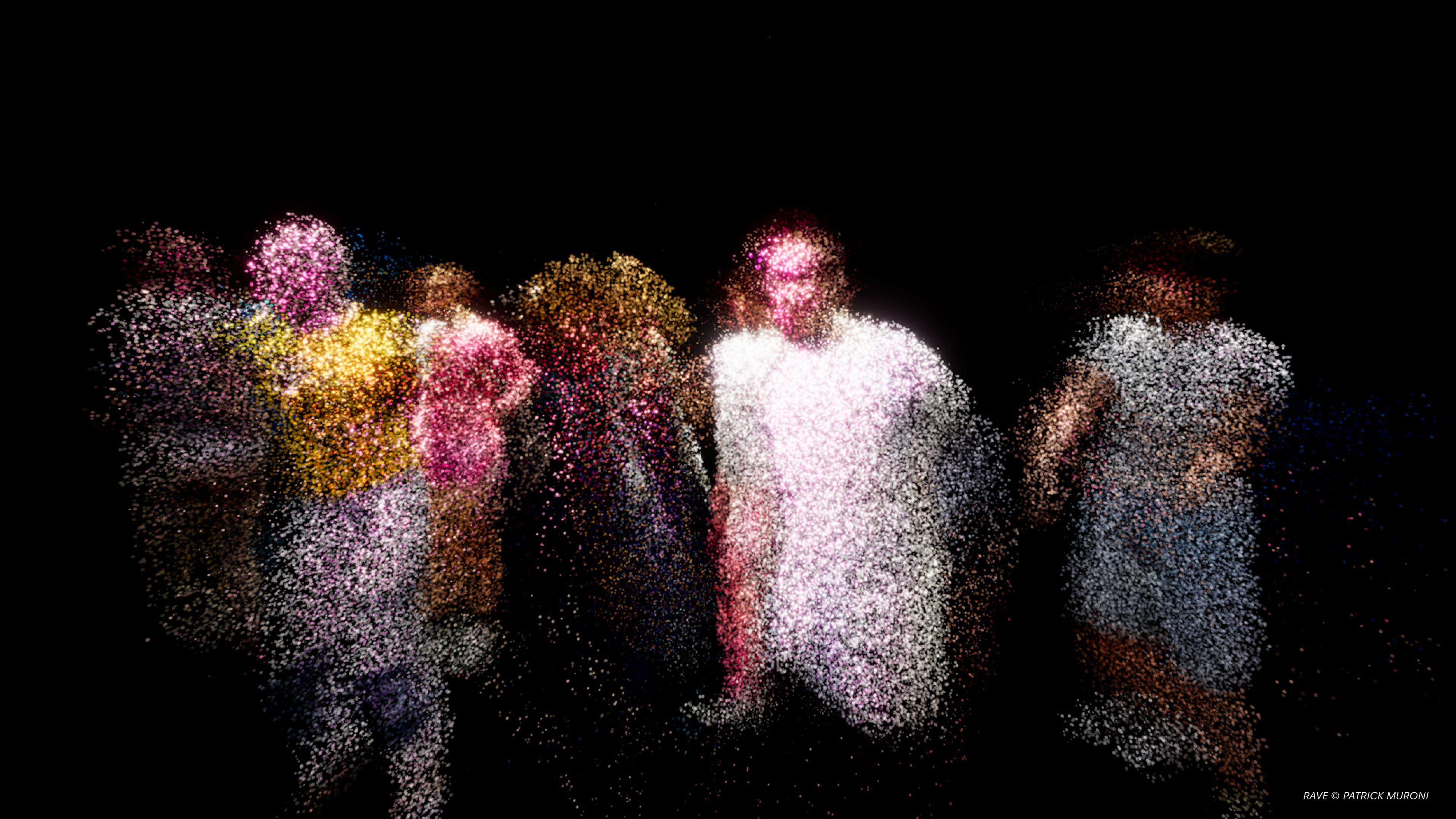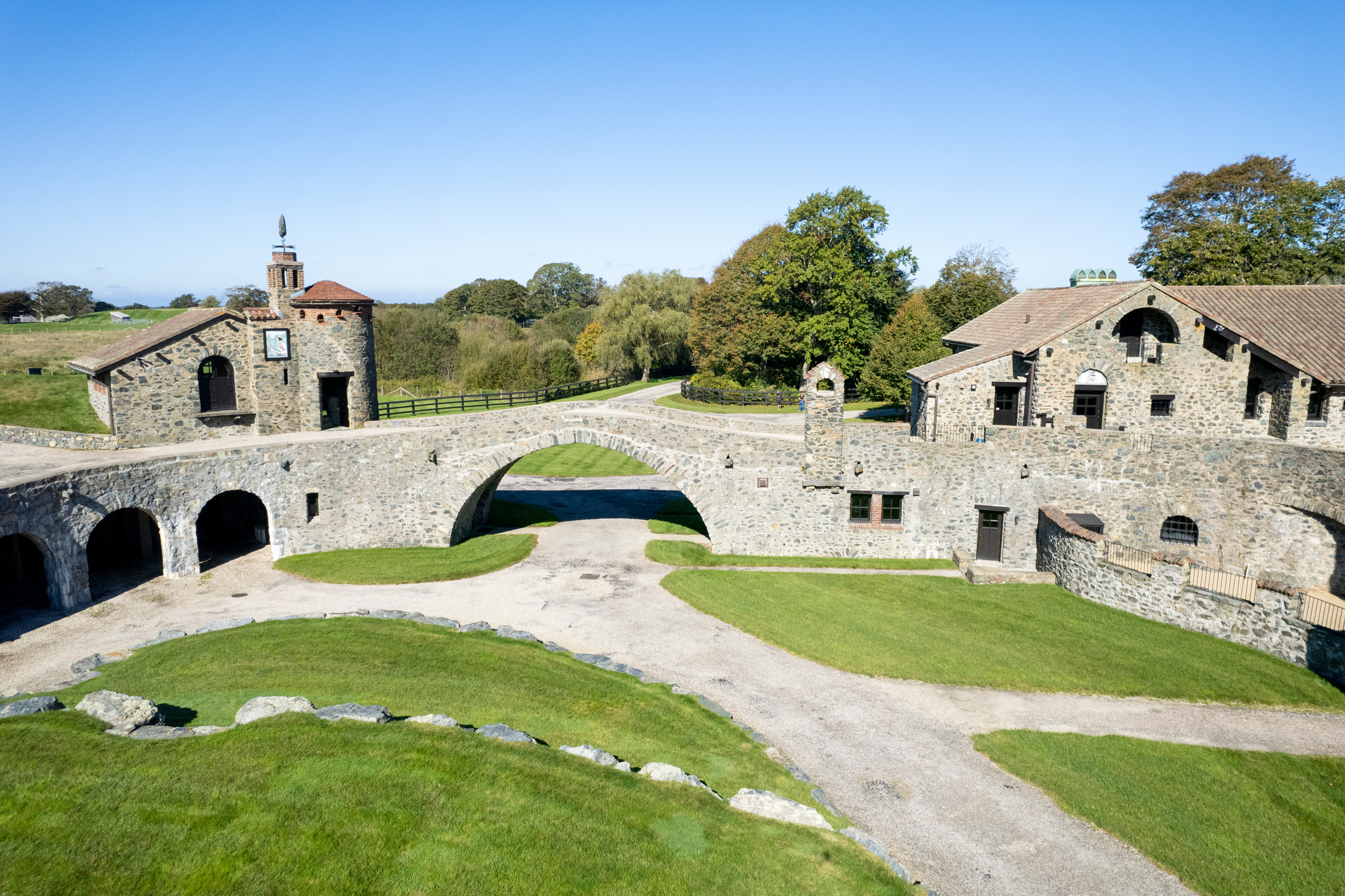
Valais steels itself for climate change

Canton Valais is hoping to stay one step ahead of climate change by joining an international project researching the future of water in the mountains.
After experiencing three major flash floods from 1987-2000, the vast, mountainous southern Swiss canton wants to be better prepared for potential changes to its water resources.
With this in mind, it has signed an agreement to collaborate with the European Union-backed ACQWA (Assessing Climate Change impacts on the Quantity and Quality of Water).
The project is run by two Swiss environmental scientists from Geneva University, and works with ten other research partners in Switzerland, and another 26 within Europe, Chile, Argentina and Kyrgyzstan.
The five-year project was funded by the EU to understand future risks to alpine water resources such as glaciers. Data collected from case study regions in the European Alps, Chile and Kyrgyzstan are being used to predict changes, and plan for possible water-related problems.
The Swiss say their country is a natural hub for the project. As well as having expertise in retreating glaciers, mountain hydrology and climate issues, Switzerland is also home to six per cent of all freshwater reserves in Europe, leading to it being dubbed the “water tower” of Europe.
“Unmissable”
Valais is the only Swiss canton to collaborate officially with the project. It was an “unmissable” opportunity, said Valais environment chief Jacques Melly.
He said Valais was an ideal place for monitoring the effects of climate change, and as such had been the source of other data collection for years in areas such as melting glaciers. The government is also in the process of setting up its own water expert group.
“For a canton like Valais, where water, along with energy, is an important aspect of economic development, it was clear we should become involved in a project like ACQWA,” said Melly.
“We need to know what will happen tomorrow. We need to be prepared for sudden events like flooding, which is happening all over the planet.”
The ACQWA project operates on the premise that water will become rarer because of reduced snow and ice amounts, and it aims to develop and refine models to understand the connection between climate, hydrology and the cryosphere.
It will predict the 50 year evolution of these systems, assess the economic impact on energy, agriculture and tourism, and propose ways of adapting.
Uniting science and politics
Project coordinator Martin Beniston, head of the Institute of Environmental Sciences at Geneva University, said such a scientific endeavour would benefit from having canton Valais authorities as a partner.
“Instead of having science doing its thing on one side and policy makers taking decisions without necessarily referring back to the science, this is going to be clearly a direct link from science to policy and vice versa. So this is a nice step forward in a way,” he told swissinfo.ch.
Switzerland is equally an important partner, as much of the water that feeds Germany, France and northern Italy “basically comes from the Alps”, he added.
“Any changes in climate parameters that affect water regimes in the Alps would of course have large consequences downstream of the Alps, essentially within the [European] Union,” he said.
“I think they [the EU funders] were interested in having a Swiss partner who could give them some information on what might happen in the coming decades in Switzerland, and then how this is going to affect water resources in most of the European Union.”
Once ACQWA draws to a close in 2013, Beniston believes it will provide a more solid scientific base for understanding this part of climate change, with “possibly far fewer uncertainties than previous studies have highlighted in the past”.
Early results are confirming trends found in past studies of receding snow and ice, and changing seasonal amounts of snow and water running to rivers like the Rhone and the Rhine.
Switzerland has 6% of all freshwater reserves in Europe. Lakes and reservoirs account for half the stored water, glaciers 28%, groundwater 20% and rivers and dams 2%.Swiss water companies pump 1.1 billion cubic metres each year; 83% of this is groundwater.
In Switzerland, glaciers play an important role as water reservoirs for hydro-power production (generating 50% of the country’s electricity). They are also considered an important tourist attraction.
Switzerland’s glaciers lost 18% of their surface between 1985 and 2000. In the Alps, the average loss has been 22%. Swiss glaciers are melting more slowly because most of them are at high altitude.
Meltdown affects smaller glaciers – which represent 18% of total glacier surface but nearly half the losses incurred – first, according to a 2004 study from Zurich University.
ACQWA (Assessing Climate Change impacts on the Quantity and Quality of Water) is funded by the EU under Framework Programme 7.
The project began in 2008 and runs until September 2013. It has a budget of €6.5 million (SFr8.51 million).
The case study regions are: the Rhone and Po basins in the European Alps, “data rich regions to thoroughly test models and methodologies”; the Aconcagua basin in Chile, where receding glaciers are likely to pose a threat to water supply; and Kyrgyzstan, where increased glacier melt could be a chance to develop hydropower resources in the coming decades.
The project has 37 partners located in 10 countries. In Switzerland that includes Geneva and Bern universities, the Graduate Institute for International Studies and Development in Geneva and the Federal Institute of Technology in Zurich.

In compliance with the JTI standards
More: SWI swissinfo.ch certified by the Journalism Trust Initiative



























You can find an overview of ongoing debates with our journalists here . Please join us!
If you want to start a conversation about a topic raised in this article or want to report factual errors, email us at english@swissinfo.ch.